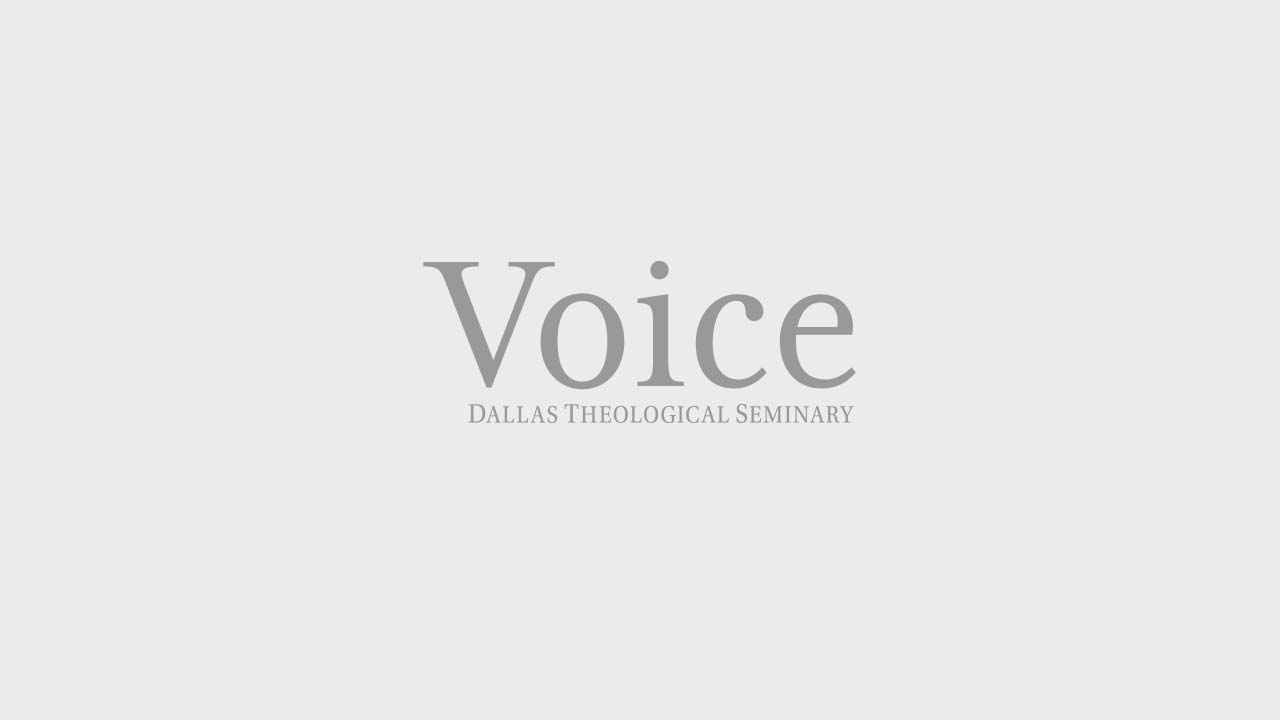The Mosaic Covenant: Ten Words
Bruce Waltke discusses the Ten Commandments, the Law of Moses, and the relationship between the Old and New Covenants.
Defining God's People
- Differentiating between the economies of God and defining who the people of God are
- The significance of land and nationhood in the Old and New Testaments
Risen, Yet Not Yet: Rest in Christ
- Concept of "already and not yet" in scripture
- The final rest for God's people is found in Christ
The Constitution of Israel: The Ten Commandments
- The Ten Commandments as Israel's constitution
- Contrast between the Ten Commandments and other national constitutions, such as the American Constitution
Christian Responses to the Law
- Three theological perspectives on the relationship between the law of Moses and Christ:
- Dispensationalist view (law entirely done away)
- Theonomist view (nations under the law)
- Reformed view (application of the law's equity to contemporary societies)
The Threefold Division of the Law
- Articulated by Thomas Aquinas, validated exegetically by the speaker
- The law is divided: moral, ceremonial, and judicial
The Sinai Covenant and Its Historical Context
- Examination of Exodus 19 and the covenant between God and Israel
- Distinction between redemption from Egypt and the Sinai covenant
- Symbolism of Moses receiving the law on the mountain
Israel as a Covenant People
- Israel's election as a people of God by sovereign grace, not by merit
- God's love and faithfulness to His covenant with Abraham and Israel
Motivations for Covenant Faithfulness
- Different types of power (coercion, reward, and conditioning) used to motivate people
- Israel’s covenant relationship with God motivated by gratitude and grace
Covenant Structure: Comparison to Ancient Treaties
- God's covenant with Israel compared to ancient Hittite treaties
- Importance of historical prologues and stipulations in the covenant
New Covenant: A Deeper Relationship
- Jeremiah 31 and the promise of a new covenant written on hearts
- Differences between the old covenant, written on stone, and the new covenant, internalized by the Holy Spirit
Mediating the Covenants
- Moses as the mediator of the Old Covenant, Christ as the mediator of the New Covenant
- The New Covenant is eternal and based on better promises
Application of the Law
- The Ten Commandments as an eternal moral law, while ceremonial and judicial laws were specific to Israel
- Importance of the law for ethics and justice in the church
Conclusion
- Israel’s role as God’s treasured possession, a priestly kingdom, and a holy nation
- The church inherits this role through the New Covenant in Christ
*The above summary is AI-generated, so discrepancies may exist. Please refer to the audio or video file to verify accuracy.

